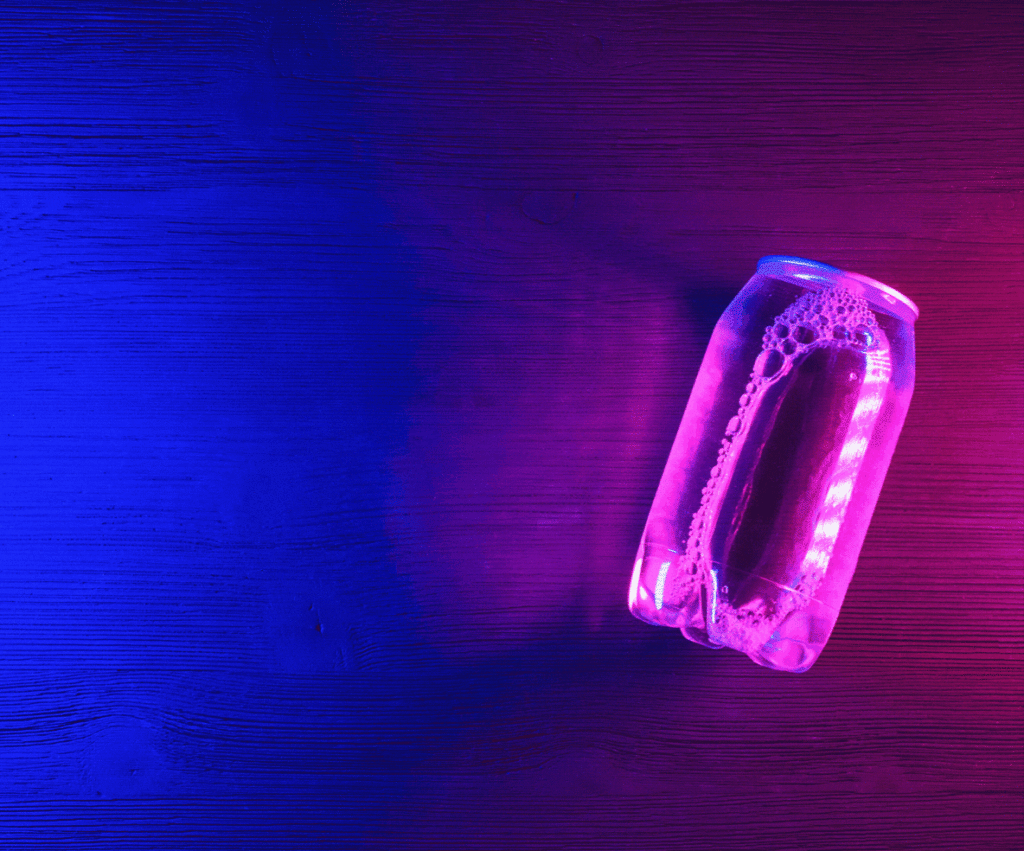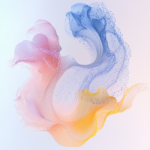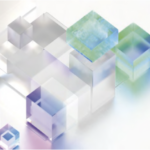The energy drink sector of the beverage market has been rapidly growing in recent years, with sales projected to reach 20 billion by 2024, according to a 2020 report from Mintel. And while the energy drink sector is predicted to continue to grow thanks to a dedicated base of energy drink users, these users still represent less than half of all US consumers. Energy drink brands know that in order to continue their success and sustain sales for the future, they must continue to gain new customers.
According to Mintel, “among non-users, products in the category come saddled with a less-than-positive reputation. The perception that energy drinks are too sugary, too artificial, contain too much caffeine or simply that they don’t taste good, presents a formidable barrier to trial.” New brands breaking into the market are looking to address these consumer concerns and stand out from some of the more established brands by offering natural, healthy ingredients or additional functionality (or in some cases, both!).

Adding Additional Functionalities
Functional beverages are the new craze among consumers, with beverages now promoting everything from brain boosting function, to sleep and relaxation and digestive help. Energy drink brands are eager to respond to these shifting consumer preferences incorporating additional functionalities besides ones that promote energy. Bang Energy is a prime example of an energy drink promoting additional functionalities, boasting the use of super creatine in their beverages. Creatine is thought to improve strength, increase muscle mass, improve brain function and reduce fatigue and tiredness. Bang Energy has seen a major rise in popularity over the past couple years, especially among young consumers, and in 2021 was the 3rd top selling energy drink, behind Red Bull and Monster Energy, showing consumers growing preference for energy drinks that offer additional functionalities. Bang Energy is also sugar free and zero calories, responding to consumer trends toward more healthy lifestyles.

Incorporating Natural Ingredients
Bang Energy isn’t the only brand using health as a point of difference to separate themselves from the competition. The growth of the energy drink market combined with recent shifts in consumer priorities has seen the emergence of new energy drink brands offering healthy, natural ingredients. Zoa, the energy drink backed by Dwayne Johnson has generated over 34 million dollars in sales in just the year that it’s been on the market, according to IRI sales data through April 17, 2022. Zoa boasts “clean caffeine” – getting its caffeine from green tea and green unroasted coffee beans. Another energy drink competitor with star power backing is C4, who recently received the backing of Kevin Hart as their spokesperson. C4 promotes the fact that their drinks are sugar free, carbohydrate free, zero calorie and contain no artificial coloring.
 Photo credit: Celsius
Photo credit: Celsius
Blurring the Line Between Energy and Sports Performance
Zoa and C4 aren’t only using healthy ingredients and low sugar as their way to stand out from the competition, they’re also positioning themselves as an energy drink for athletes. This positioning by these brands, as well as others like Celsius and A Shoc, underlines the increasingly blurred line between energy drinks and sports performance drinks. As the energy market continues to be dominated by brands like Red Bull and Monster Energy, newer brands are seeing an opportunity in the market to reach energy-seeking consumers that are also health conscious. Looking forward, these new brands may pose a challenge to more established energy and sports performance brands.
Looking to stay on top of the latest beverage industry trends? Check out our blog and follow us on Instagram and LinkedIn to stay in the loop on everything beverages.



